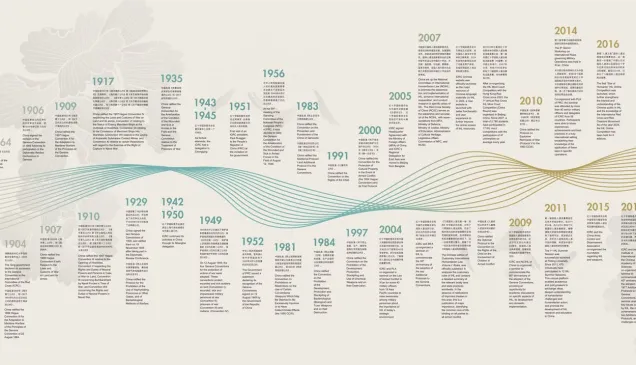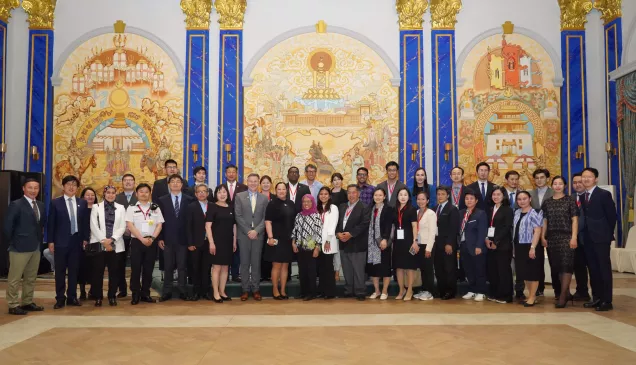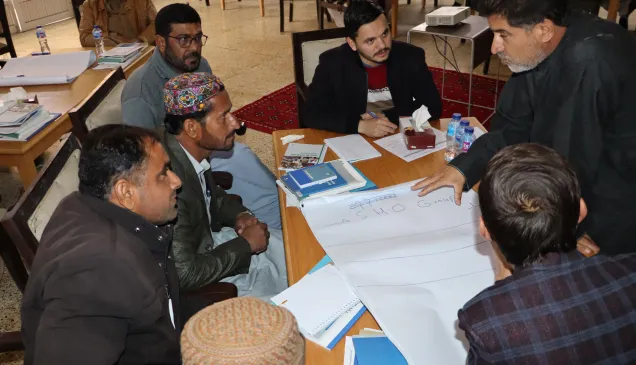Pakistan: Training journalists on fact-checking in a humanitarian crisis
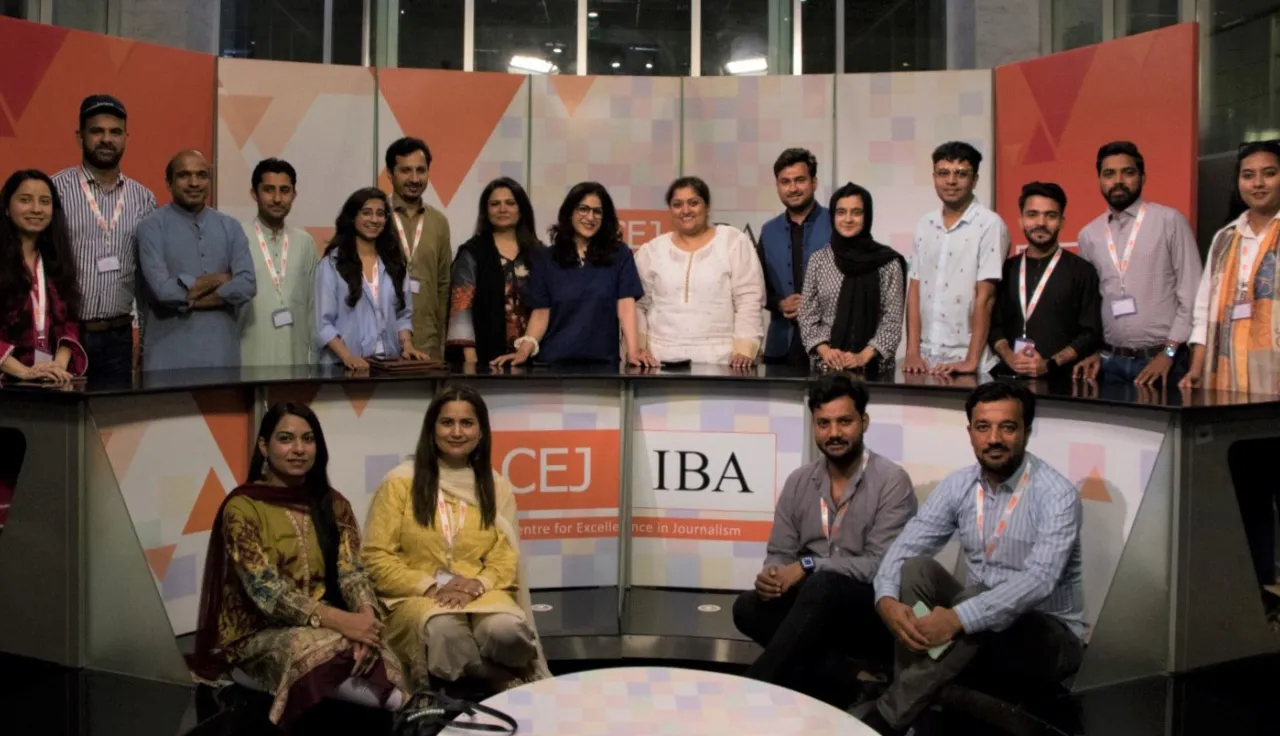
Access to timely and accurate information in a humanitarian crisis can help save lives.
Factual and responsible reporting by the media can help affected communities cope better by enhancing their knowledge, connecting them with first responders, highlighting their needs and providing access to authorities. However, in crisis contexts where disinformation and misinformation also thrive, the media faces the challenge of ensuring that people can trust the information they share and get help from the right sources.
Focusing on the importance of accurate reporting during humanitarian crisis, the International Committee of the Red Cross (ICRC) organized a two-day workshop in Karachi, in partnership with the Centre for Excellence in Journalism at the Institute of Business Administration (CEJ-IBA), on the theme "Fact-checking in a Humanitarian Emergency". The workshop helped to equip journalists with the necessary skills and knowledge to report accurately and ethically in times of crisis.
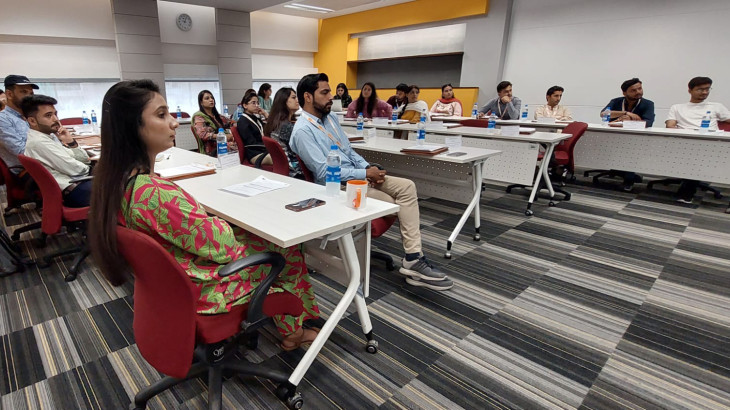
Led by Alia Chughtai, senior producer for Al-Jazeera in Pakistan, the sessions provided insights into journalism practices, data visualization, fact-checking and tools and resources for verifying information. The audience was also introduced to the ICRC's humanitarian efforts during conflicts. Guest speakers Riaz Sohail from BBC Urdu and Tahir Mehdi from Lok Sujag shared their experience of reporting on humanitarian emergencies. Based on his experience of covering the 2022 floods in Pakistan, Sohail highlighted the importance of accuracy when reporting the different ways in which communities have been impacted by a crisis such as the loss of their livelihood. Mehdi emphasized the need to avoid biased narratives and distinguish between political reporting and reporting during humanitarian emergencies.
Participants shared that before the workshop they were unaware of the specialized tools and resources available to verify information during humanitarian reporting.
Ahtesham Khan, a reporter with the Express Tribune, who participated in the workshop, said,
I learnt how to fact-check pictures and videos that get viral on social media. Also, I learnt how to work on solution journalism.
The workshop is part of the ICRC's Humanitarian Reporting Initiative, started in 2017, to develop a comprehensive networking and capacity-building programme that promotes ethical humanitarian reporting through training sessions, awards, fellowships and webinars. The programme also covers issues relating to international humanitarian law (IHL) and journalistic practice.

